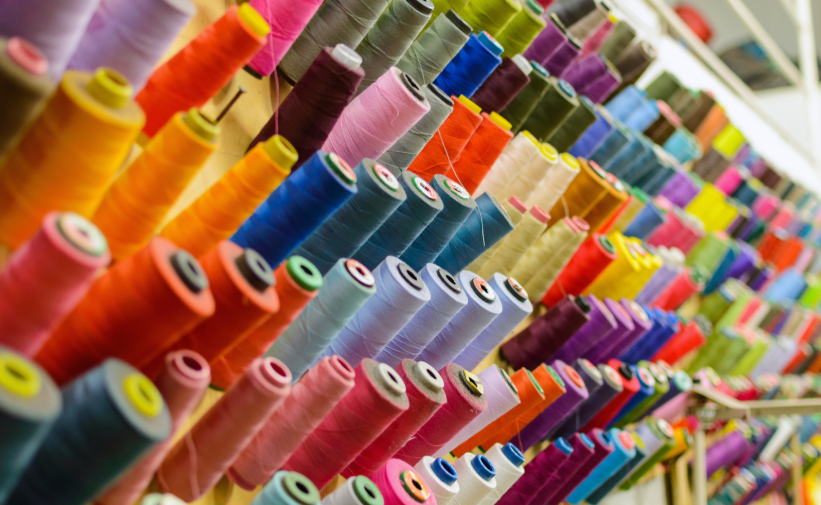The Mexican government halted a tariff hike on apparel and textile products with a six-month extension of the pre-established conditions.
When the tariff increase was announced, several business chambers jointly criticized the measure, which was included as part of a decree.
Tariff hike on apparel
The decree increased from a range of 20% to 25% to 35% the import tariff on 121 apparel products and 17 made-up textiles of chapters 63 and 94, and from 10% to 15% the import tariff on 17 textile-related tariff items.
These increases are intended to level the playing field for Mexican industries facing competition from lower-priced imports, particularly from countries without free trade agreements with Mexico, and were intended to remain in effect until April 23, 2026.
As a first reaction, the National Council of the Export Manufacturing Industry (Index) announced its satisfaction with the announcement of the Ministry of Economy regarding the six-month extension of the decree published on December 19, 2024 in the Official Gazette of the Federation (DOF), which modifies the tariffs of the Law of General Import and Export Taxes, as well as the Decree for the Promotion of the Manufacturing, Maquiladora and Export Services Industry.
This decree had a negative impact on the operations of IMMEX companies, since, in addition to the increase in import taxes, the importation of various textile sector goods was restricted.
The Index, in collaboration with Concanaco-Servytur and Canacintra, expressed before the Ministry of Economy the negative impact of this measure on various supply chains.
“As a result, the authority issued today, January 13, 2025, the document that exempts the applicability of the reforms to the second article of the referred decree to goods classified in chapters 61, 62 and 63, as well as subheadings 9404.40 and 9404.90 of the TIGIE,” said the Index in a press release.
Textile Decree
If the changes go into effect, they will imply higher import costs for the affected goods. In addition, importers, especially those handling e-commerce orders from the United States to Mexico, may need to adjust their supply chains and manufacturing processes.
In addition, this measure will impact companies that make repairs or alterations to apparel or textile articles in Mexico. It will also affect those who use HTS subheading 9802.00.80 or 9802.00.91 to assemble U.S. components abroad, including Mexico’s Special Regime program.
Under the new decree, certain finished products are excluded from temporary importation under IMMEX. These exclusions include apparel and finished textile articles (chapters 61, 62 and 63 of the Harmonized Tariff Schedule), quilts and comforters (subheading 9404.40), and pillows, cushions and other bedding materials (subheading 9404.90).
However, certain specific goods are not subject to this decree. For example, parts of garments (subheadings 6117.90 and 6217.90), certain household linens (subheadings 6302.91, 6302.93 and 6302.99) and textile products of chapters 50 to 60 (mainly yarns and fabrics) can still be used under IMMEX.
In addition, Annex I of the IMMEX decree now includes additional HTS headings and subheadings that are prohibited for temporary importation. On the other hand, 302 HTS headings have been removed from chapters 61, 62 and 63 of Annex II, which contains the tariff lines subject to specific requirements to be eligible for temporary importation under IMMEX.

